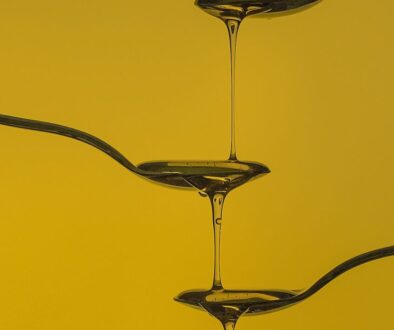Manuka Honey: What It Is, Its History, and Why It’s So Effective for Wound Healing

Manuka honey is nothing short of nature’s liquid gold—an extraordinary gift with a character all its own. Born from the nectar of the Manuka bush in the rugged landscapes of New Zealand and parts of Australia, this honey has a deep, rich flavor that tells the story of its wild origins. Unlike any other honey, its vibrant golden hue and thick, creamy texture seem to hold the power of the land, the sun, and the bees who tirelessly collect its nectar.
What truly sets Manuka honey apart is its undeniable potency. It’s not just sweet—it’s medicine. Infused with an incredible concentration of MGO, a compound that gives it its strong antibacterial properties, Manuka honey has earned its place as a miracle healer.
Intro to Manuka Honey: What It Is, Its History, and Why It’s So Effective for Wound Healing
Manuka honey has become a go-to natural remedy for wound healing, thanks to its potent antibacterial and therapeutic properties. But what exactly makes Manuka honey so special? Produced by bees that pollinate the Manuka bush (Leptospermum scoparium), native to New Zealand and parts of Australia, this honey has been valued for centuries, not only for its unique taste but also for its medicinal benefits.
The history of Manuka honey dates back to the indigenous Māori people of New Zealand, who used it for various medicinal purposes, from treating infections to soothing sore throats and skin ailments. Over the years, scientific research has validated many of these traditional uses, particularly its ability to heal wounds and fight infections.
So, what’s all the hype about when it comes to wound healing? The secret lies in its high levels of methylglyoxal (MGO), a compound responsible for Manuka honey’s strong antibacterial activity. Unlike regular honey, Manuka honey’s MGO content can vary, with higher concentrations offering more potent healing effects. Studies have shown that it can effectively fight bacteria, promote tissue regeneration, reduce inflammation, and speed up the healing process. Research from institutions like The University of Sydney and The British Journal of Surgery highlight Manuka honey’s ability to combat even antibiotic-resistant bacteria like MRSA.
MRSA (Methicillin-Resistant Staphylococcus aureus) is a type of antibiotic-resistant bacteria that causes infections, often in the skin, bones, or lungs, and is difficult to treat with standard antibiotics.
While many honeys offer some level of wound care benefits, it’s the unique properties of Manuka honey that have earned it a reputation as a “miracle” healer. From chronic ulcers to burns and surgical wounds, Manuka honey has proven to be a valuable tool in modern medicine, with more and more studies continuing to uncover its full potential.
